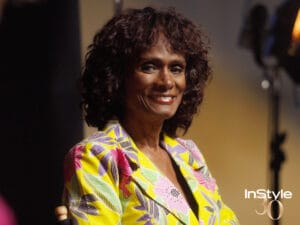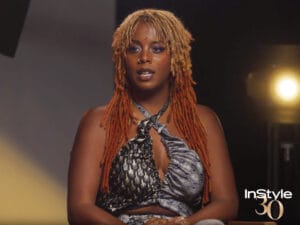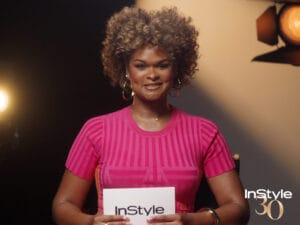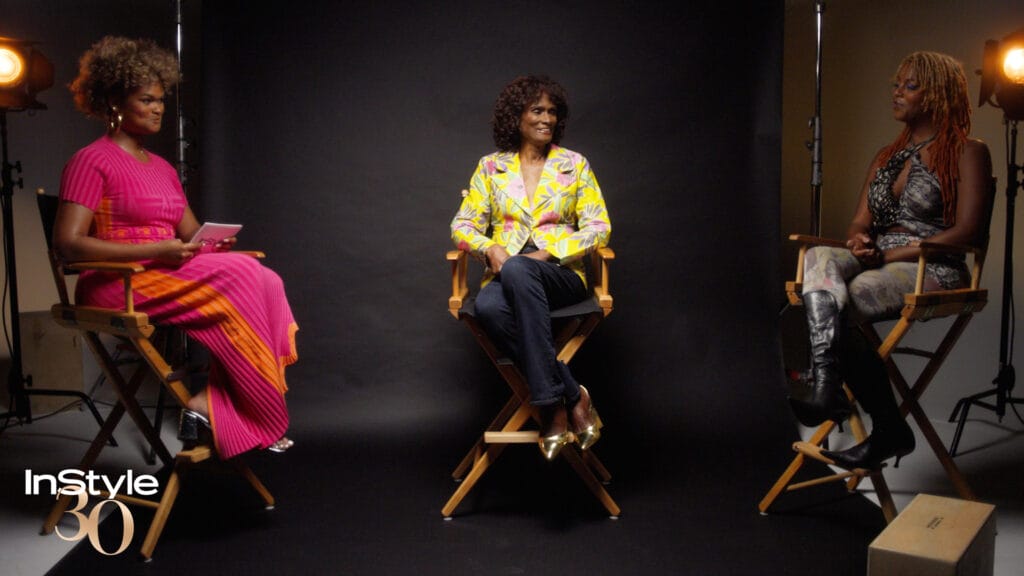In collaboration with GLAAD, InStyle Magazine hosted a roundtable discussion, featuring 3 trans icons about the past, present, and future of transgender visibility in fashion. Moderated by GLAAD Media Award winning activist and writer Raquel Willis, trailblazers Juliana Huxtable and Tracey Africa Norman stopped by for a discussion by trans women, for trans women.
As a part of InStyle’s 30th Anniversary Beauty & Style issue, the three women were given the opportunity to speak on their experiences as trans women in an unfiltered setting. The conversation ranged from their hopes for the future of fashion, to the struggles they face as Black trans people.

Tracey Africa Norman, a model who was the first Black trans woman to appear on a box of Clairol, and a pioneer for trans people in fashion since the 70s, spoke about how she got into fashion. “What started me doing fashion was a friend of mine who I knew before my transition. It took a few years. I had separated from that group of people because I was doing my thing and I didn’t know how they would accept it, so I just became the woman that I am today,” she explained.
She then talked about the barriers she faced back when her career was just getting started. “My work literally stopped overnight,” she explained how being outed ruined her career. “When I made my phone call to see what I had to do that day—work, a test, whatever it was, or come in for a meeting—nothing for the whole week, nothing. Eventually, that Friday, they called me in and said, ‘Could you come in because Zoli [the Zoli Agency] wishes to speak to you on Monday.’ So we had a meeting. And then he came up with an excuse to not represent me anymore. They never approached me.”
She goes on to say, “Essence never approached me about my sexuality. My agent didn’t approach me about my sexuality. They just believed, and that was the end of my career, as far as that particular time in my life. That was back in ’83.”
Despite this setback, Norman remains an icon in the industry. Willis and Huxtable both praise her and thank her for paving the way for women of their experience.

Juliana Huxtable, a multi-talented model, writer, DJ, and artist with work displayed at Museum of Modern Art and the New Museum, said she feels “lucky because of pioneers like Tracey.” She talked about how, “I was able to never have to be in the closet or hide my transness. But that’s very different than being brought in because of your transness. For me, particularly, making figurative work that uses representations of myself and representations of people, and also working in fashion, I was doing both of them concurrently and I remember this feeling when, then, it’s like the booking started to shift.”
Huxtable also talks about how her success came from simply being herself. “I built an audience by just sharing my thoughts, sharing early sketches, sharing early images. That’s really how everything started. I think what I loved about blogging and the digital world is that if I didn’t see it in the world, I could just make it myself and I used myself as the means for that.”
She says that, “My first modeling gigs were just out of people following me and being like, ‘Oh, you have a cool sense of style.’ My first writing gigs, art stuff, it all came from people who had either followed me, what I was doing online, or that had found out about me through someone that did that.”

“It’s still not easy for a Black Trans woman to just try and have a career, really, in any industry,” Willis said, relating a lot to the panelists’ stories. “There can be a very limiting idea of how transness exists,” she explains.
“There is so much here to unpack,” she concludes. “I appreciate that we can be in this space where we can talk about these true things and I hope that the fashion industry, the art industry, media at large will continue to have these conversations.”
Read the full InStyle Magazine article here.













